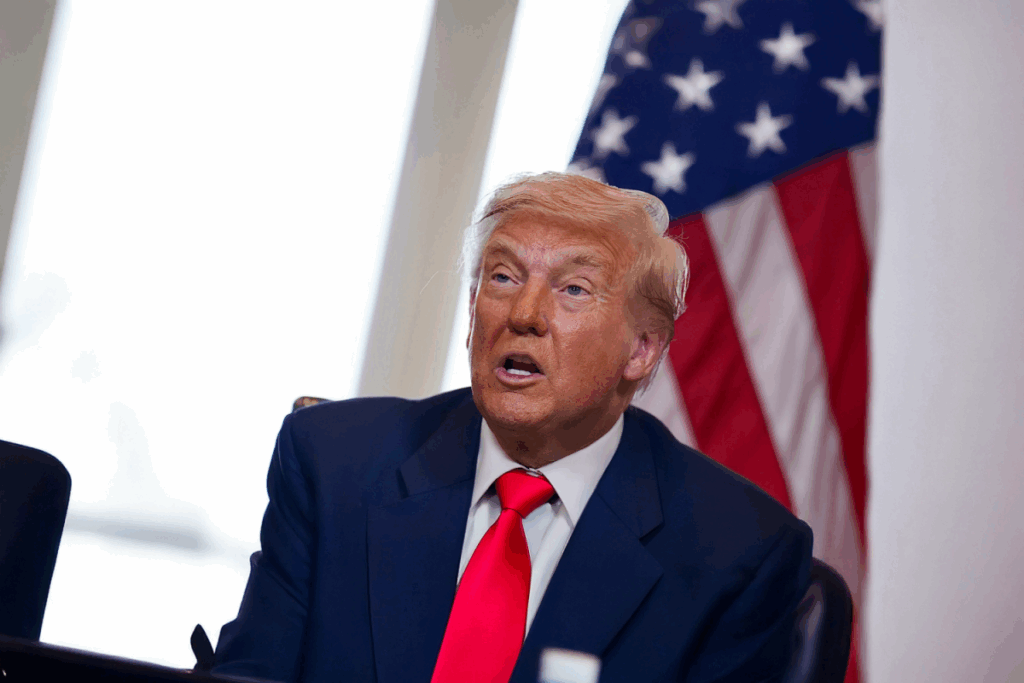Trump’s Online Tirade
President Donald Trump erupted in anger after China hosted Russian President Vladimir Putin and North Korean leader Kim Jong Un at a military parade in Beijing. Taking to social media, Trump sarcastically sent his “warmest regards” to Xi Jinping, Putin, and Kim, accusing them of conspiring against the United States. His furious response highlighted how China’s staging of authoritarian solidarity rattled the White House and undermined Trump’s claim of cultivating personal relationships with strongmen leaders.
Failed Diplomacy and Shifting Alliances
Trump’s frustration comes after repeated failures in his diplomacy with both Putin and Kim. Despite meeting Putin last month in Alaska, there has been no progress toward ending the war in Ukraine, and Moscow has escalated attacks on civilians. Similarly, Trump’s summits with Kim during his first term left North Korea with more nuclear weapons than before. Now, with China drawing Moscow and Pyongyang closer, Trump’s strategy of personal charm appears ineffective.
Meanwhile, China is seizing the opportunity created by Washington’s erratic foreign policy. By hosting leaders from Asia, the Middle East, and beyond, Beijing is signaling its ability to create alternative blocs that can counter US power. Indian Prime Minister Narendra Modi’s warm interactions with Xi and Putin during the gatherings were especially notable, suggesting New Delhi is exploring alternatives to Washington despite being part of US-led alliances.
Economic Missteps and China’s Leverage
Trump’s aggressive tariffs on Beijing have backfired. China controls critical resources, such as rare earth metals vital to US technology and defense industries, giving it leverage. At the same time, Trump’s tariff offensives against allies and attempts to weaken the Federal Reserve have cast doubt on America’s reliability. Countries like Vietnam, Egypt, and even NATO member Turkey are reassessing their ties with Washington, with some now leaning toward Beijing.
The summit also exposed Trump’s mishandling of relations with India. A steep 50% tariff on Indian imports shattered decades of bipartisan efforts to keep India aligned with the US. The visible camaraderie between Modi, Xi, and Putin in Beijing underscored a growing shift that leaves the US isolated.
Power Shifts and Domestic Contradictions
China’s parade was more than a showpiece—it signaled a rebalancing of global power. Trump’s early months in his second term have accelerated this trend, eroding US influence and bolstering Xi’s ambition to restore China’s global prominence. His heavy-handed tactics abroad and controversial moves at home, such as using federal forces in domestic law enforcement, are reinforcing perceptions of US instability.
Yet Trump claims victory, boasting that the US is more respected than ever and branding himself the “President of Peace.” While his pressure has pushed NATO allies to boost defense spending and tariffs have brought in revenue, his missteps are driving adversaries together. China’s emerging leadership, paired with Trump’s miscalculations, signals a dangerous moment where the very leader tasked with defending US power may be the one undermining it.


